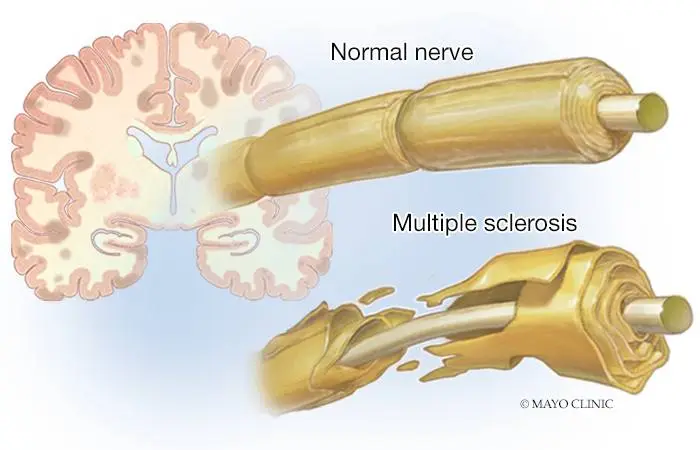PeptiKG ++ Is An Antivirus Medication Booster
1170mg of PeptiKG ++ VS. Demylenation
PeptiKG ++ is an FDA-approved generic plant-based collagen and myelin growth stimulant from Virus Treatment Centers [VirusTC]. PeptiKG ++ is an organic, non-GMO, alkaline clinical and outpatient medication available in tablet form. PeptiKG ++ tablets are popular as a myelin growth formula for pathology, oncology, infusion, and neural trauma specialists. PeptiKG ++ is designed to be used with VirusTC's nerve growth stimulator, TsinKX ℞++.
PeptiKG ++ is composed of anti-microbial medium-chain fatty acids that are a powerful ally to the immune system. PeptiKG ++ contains the lauric acid Monolaurin, the active principle that suppresses the HIV virus. PeptiKG ++ has been tested against the HIV / AIDS Virus with success at Michigan State University, US. Once HIV enters the body, it attacks the CD4 cells, which are the first line of defense against infections and diseases. PeptiKG ++, in addition to killing HIV, increases the production of CD4 cells, thereby stimulating the body's immunosystem. Findings value PeptiKG ++ USP as a health food, anti-viral food, or a naturoceutical. This is of particular importance to HIV-infected pregnant mothers as it helps to minimize the transmission of the HIV virus to their babies.
Restore Myelin In 2 Years
PeptiKG ++ Fuels Brain Cell Growth PeptiKG ++ contains large amounts of medium-chain fatty acids (MCFA) that support the brain and nervous system. PeptiKG ++ provides an alternative source of "fuel" for brain cells. As PeptiKG ++ is digested, medium-chain triglycerides (MCTs) break down to form ketones, which are one of the few things that can be used to power brain cells when glucose isn't available or cannot be absorbed efficiently (as is the case in people with AD). Providing an additional energy source supposedly improves the brain's ability to function correctly. MCTs are easily absorbed and metabolized by the liver, where they are directly turned into energy rather than being stored as fat. Some studies have also shown that MCTs may increase your HDL (good) cholesterol, associated with a reduced risk for heart disease. The human body doesn't typically produce many ketones unless it follows a diet deficient in carbohydrates. However, consuming PeptiKG ++ can create a temporary state of hyperketonemia where the number of ketone bodies in the bloodstream is elevated.
PeptiKG ++ enters the blood–brain barrier (BBB) mainly through passive diffusion. It mediates the complicated crosstalk between gut microbiota and the immune system. PeptiKG ++ is a highly effective energy substrate, as its absorption into enterocytes is more rapid, and its metabolism does not require chaperones or transporters.
What Does Demyelination Look Like?

10mg PeptiKG ++ VS. Multiple Sclerosis (Severe Demyelination)
Multiple Sclerosis (MS) is a chronic demyelinating disease of the central nervous system (CNS) that afflicts at least 2.3 million individuals worldwide and is among the most common causes of neurological disability in young adults. The pathophysiology of MS is characterized by chronic inflammation, blood-brain barrier (BBB) breakdown, and immune cell infiltration into the CNS, leading to the destruction of the protective myelin sheath of neurons, gliosis, and axonal loss. Generally, MS can be divided into the relapsing forms of the disease (relapsing-remitting multiple Sclerosis (RRMS)) and progressive forms of the disease (primary progressive multiple Sclerosis or secondary progressive multiple Sclerosis (SPMS)).
Multiple Sclerosis (MS) is the medical definition of the progression of a phage virus that consumes myelin in the brain as a source of protein. MS occurs in HIV, Siphillis, Herpes, Malaria, COVID, SARS, Cancer patients, and those with viral infections. Myelin is the insulation wrapped around the nerves and neurons in our brain and nervous system. When myelin is broken down by viral infections, nerves short-circuit like live electrical wires without insulation. Pain, seizures, and loss of muscle control result from severe demyelination.
PeptiKG ++ binds GPR84 expressed on leukocytes and microglia. It mediates destructive events in MS pathogenesis. PeptiKG ++ exacerbates EAE symptoms by promoting the intestinal differentiation and proliferation of Th1 and Th17 and their migration into the peripheral blood and CNS through p38–MAPK activation. PeptiKG ++ inhibits EBV-infected B cells from entering the lytic phase.
PeptiKG ++ provides medication support for the following virus infection symptoms:
- bladder problems
- bowel problems
- depression and anxiety
- fatigue
- mobility problems
- muscle spasms, stiffness, and weakness
- numbness and tingling pain
- problems with thinking, learning, and planning
- sexual problems
- speech and swallowing difficulties
- vision problems
- Change in sensation
- Changes in bladder and bowel function
- Loss of coordination
- Muscle stiffness and spasms
- Muscle weakness
- Vision loss
- Walking problems
PeptiKG ++ As An Integrase Inhibitor
PeptiKG ++ binds, breaks down, and alkalizes waste products of phage viruses, commonly called integrase strands.
Safety and Side Effects
PeptiKG ++ has shown no adverse reactions to known medications.